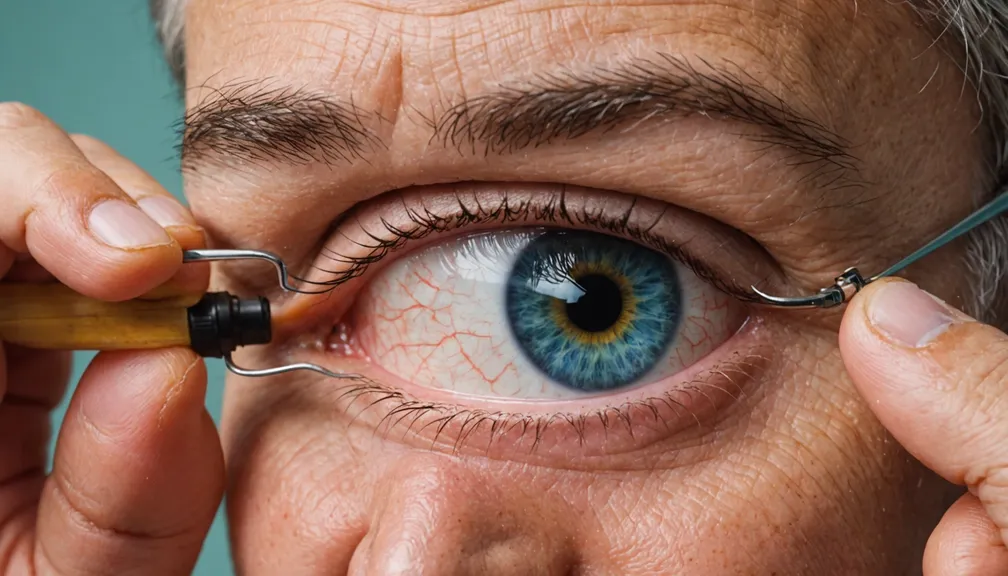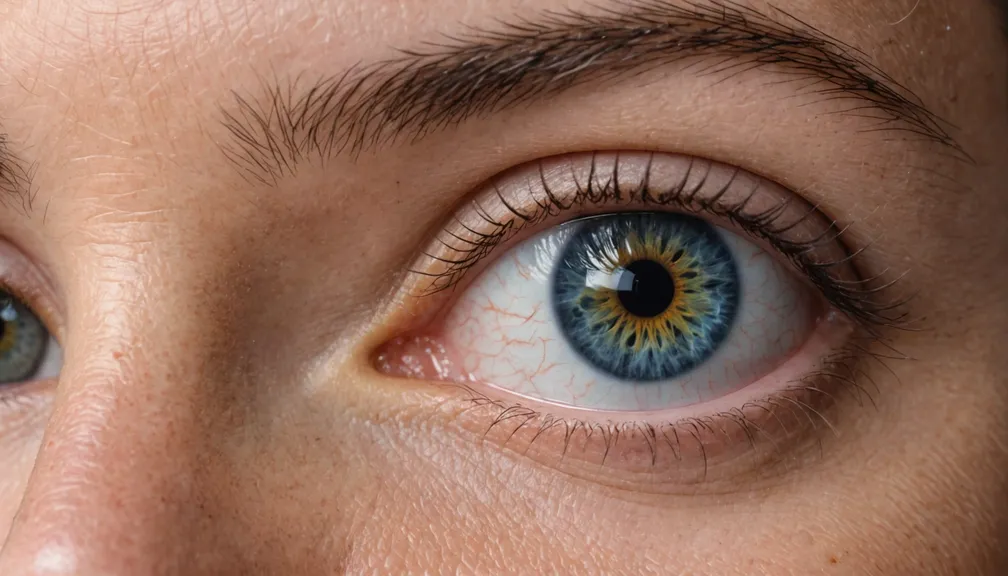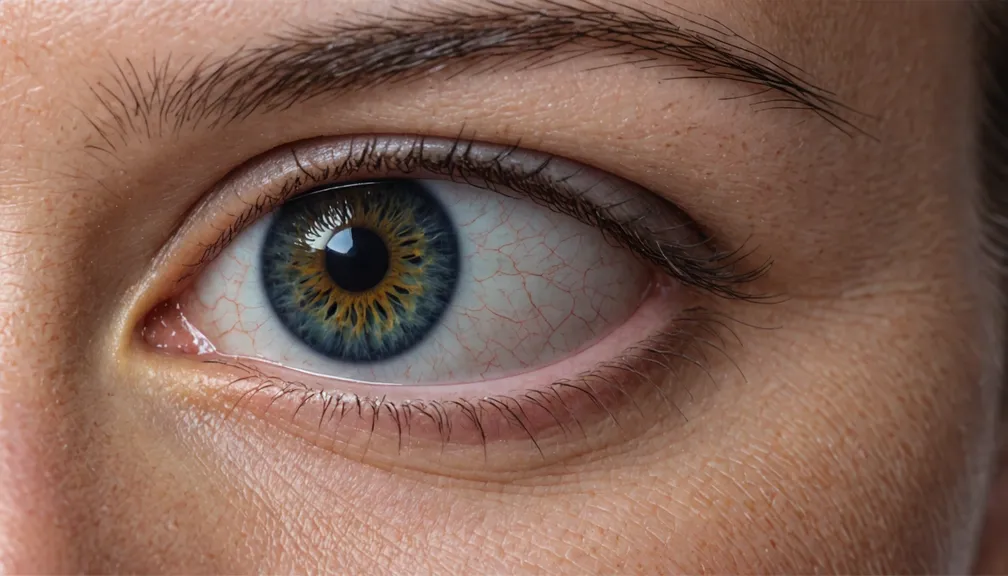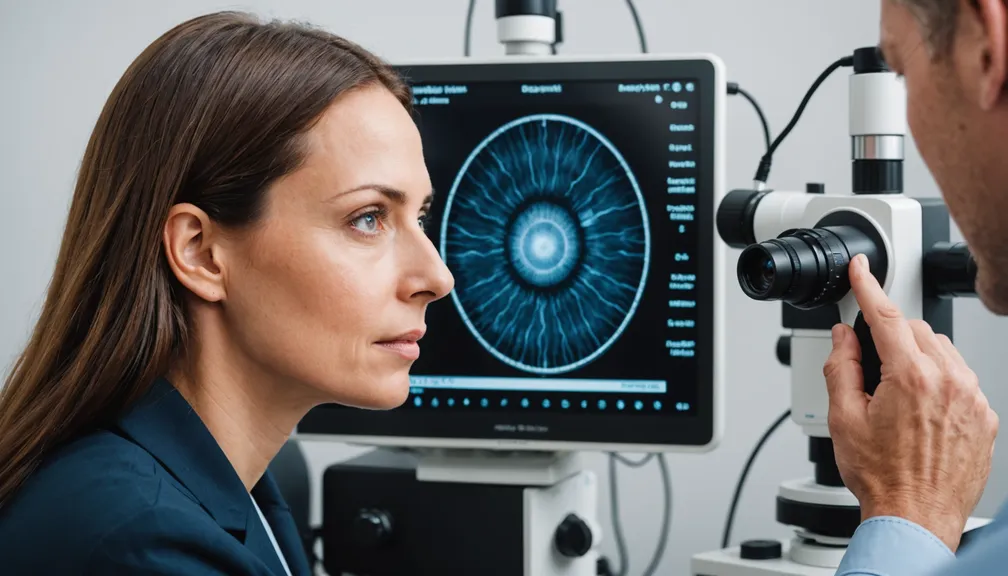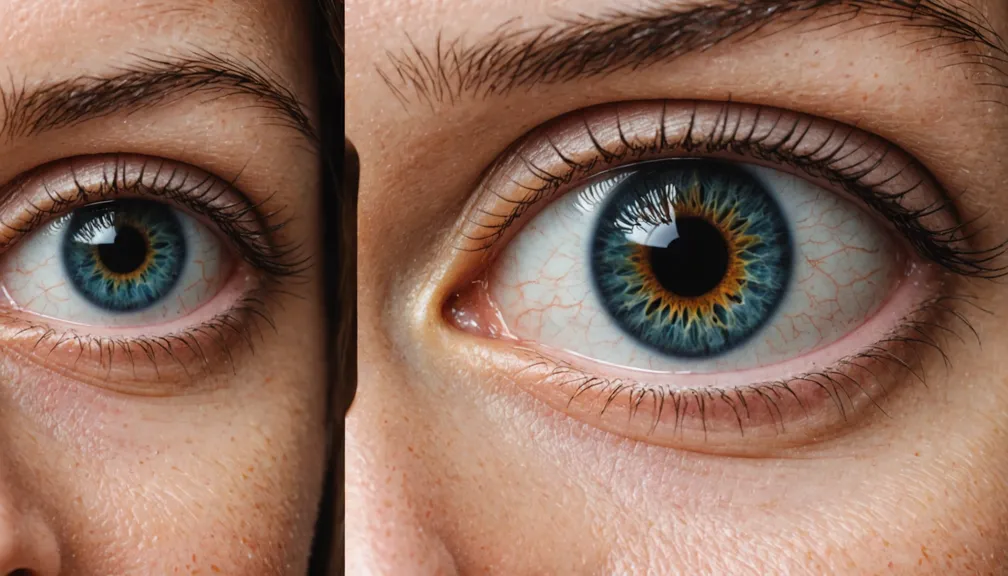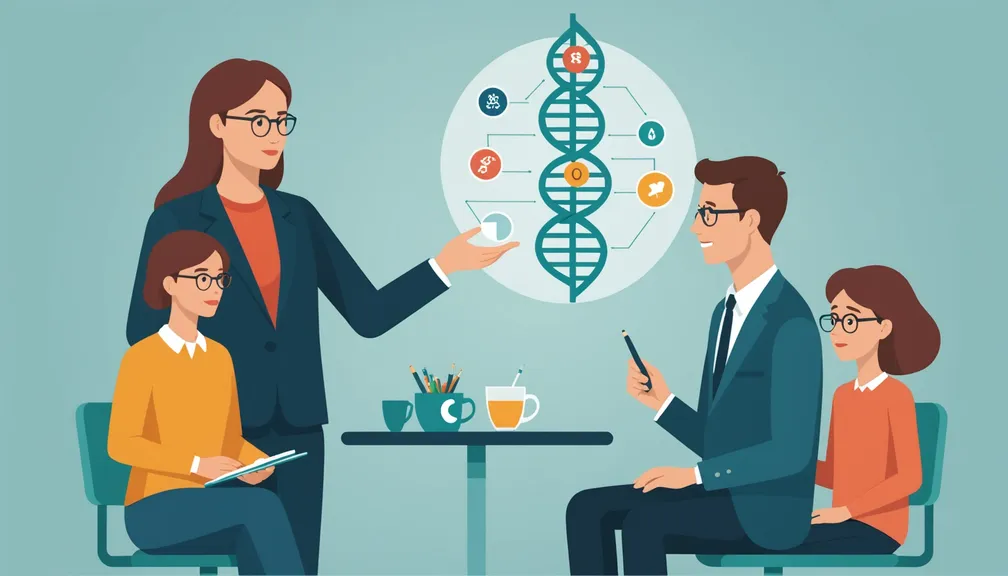Understanding Vision Loss
Living with vision loss can be challenging, but understanding the condition is the first step toward managing it effectively.
Causes of Vision Loss
- Genetic Conditions: Such as retinitis pigmentosa and Leber's congenital amaurosis.
- Injuries: Trauma to the eye or head can lead to loss of vision.
- Diseases: Conditions like glaucoma, macular degeneration, and diabetic retinopathy.
- Infections: Severe infections can damage the eyes and result in vision impairment.
Early Diagnosis Importance
- Slowing Progression: Early detection can help in managing and slowing the progression of the disease.
- Treatment Options: Access to treatments that may preserve remaining vision.
- Support Planning: Allows time to seek resources and support systems.
Emotional and Psychological Support
Coping with vision loss involves addressing both emotional and mental health needs.
Managing Emotional Responses
- Feelings of Loss: It's normal to feel sadness or frustration.
- Seeking Counseling: Professional support can help navigate these emotions.
- Support Groups: Connecting with others facing similar challenges provides comfort and understanding.
Building Resilience
- Positive Mindset: Focusing on what you can do rather than what you've lost.
- Mindfulness Practices: Techniques like meditation can reduce stress and improve emotional well-being.
- Setting Goals: Establishing achievable goals can enhance a sense of purpose and accomplishment.
Daily Living Strategies
Adapting daily routines can help maintain independence and quality of life.
Mobility and Navigation
- Orientation Techniques: Learning to navigate familiar environments safely.
- Assistive Devices: While visual aids are not suggested, other non-visual tools can aid in mobility.
Personal Care
- Adaptive Methods: Techniques for dressing, grooming, and personal hygiene.
- Routine Establishment: Creating consistent daily schedules to enhance comfort and predictability.
Household Management
- Organizational Systems: Implementing methods to keep living spaces orderly and easy to navigate.
- Safety Measures: Ensuring the home environment is safe to prevent accidents.
Accessibility and Home Modifications
Making your living space accessible can significantly improve daily living.
Home Modification Tips
- Clear Pathways: Removing obstacles to create easy navigation.
- Contrasting Colors: Using different colors to distinguish objects and surfaces.
- Proper Lighting: Ensuring adequate lighting to maximize remaining vision.
Technology and Tools
- Non-Visual Technology: Utilizing devices that aid in communication and daily tasks without relying on sight.
- Environmental Controls: Systems that allow for easy control of lights, appliances, and other home features.
Medical and Health Care Support
A team of specialized health professionals can provide comprehensive care.
Types of Doctors and Health Professionals
- Ophthalmologists: Medical doctors specializing in eye and vision care.
- Optometrists: Eye care professionals who perform eye exams and prescribe corrective lenses.
- Genetic Counselors: Specialists who provide information and support regarding genetic conditions.
- Occupational Therapists: Assist in developing skills for daily living and adapting to vision loss.
- Psychologists or Counselors: Offer mental health support and coping strategies.
Regular Medical Check-Ups
- Monitoring Progression: Keeping track of vision changes and overall eye health.
- Medication Management: Ensuring proper use of medications to treat or slow disease progression.
- Preventive Care: Taking steps to prevent further complications related to vision loss.
Support Networks and Communities
Connecting with others can provide invaluable support and resources.
Joining Support Groups
- Local Groups: Finding community-based groups for in-person support.
- Online Communities: Participating in virtual forums and networks for continuous support.
- Specialized Organizations: Engaging with groups focused on specific rare eye diseases.
Building a Support System
- Family and Friends: Leaning on loved ones for emotional and practical support.
- Caregivers: Seeking assistance from professional or volunteer caregivers as needed.
- Peer Support: Sharing experiences and strategies with others facing similar challenges.
Legal and Financial Resources
Understanding your rights and accessing financial support is crucial in managing vision loss.
Legal Rights
- Disability Rights: Knowing your rights regarding employment, accessibility, and discrimination.
- Benefits Eligibility: Understanding eligibility for government programs and benefits.
Financial Support
- Insurance Coverage: Navigating insurance options for medical treatments and assistive services.
- Grants and Scholarships: Exploring financial assistance for adaptive equipment and education.
- Financial Planning: Working with financial advisors to manage expenses related to vision loss.
Things to Avoid
Certain actions and behaviors can hinder your ability to adapt and manage vision loss effectively.
Avoiding Isolation
- Stay Connected: Keep in touch with family, friends, and support groups to prevent feelings of loneliness.
- Seek Interaction: Engage in social activities and communicate regularly with your support network.
Avoid Negative Coping Mechanisms
- Substance Abuse: Refrain from using alcohol or drugs to cope with emotional distress.
- Avoiding Help: Don’t hesitate to seek professional assistance when needed.
Avoiding Denial
- Acceptance: Acknowledge your condition to better adapt and seek necessary support.
- Proactive Management: Take active steps in managing your health and accessing resources.
Avoid Overexertion
- Pacing Yourself: Balance activities to prevent physical and emotional burnout.
- Resting: Ensure adequate rest to maintain overall well-being and energy levels.
Living with vision loss involves navigating various challenges, but with the right support and resources, you can maintain a fulfilling and independent life.
